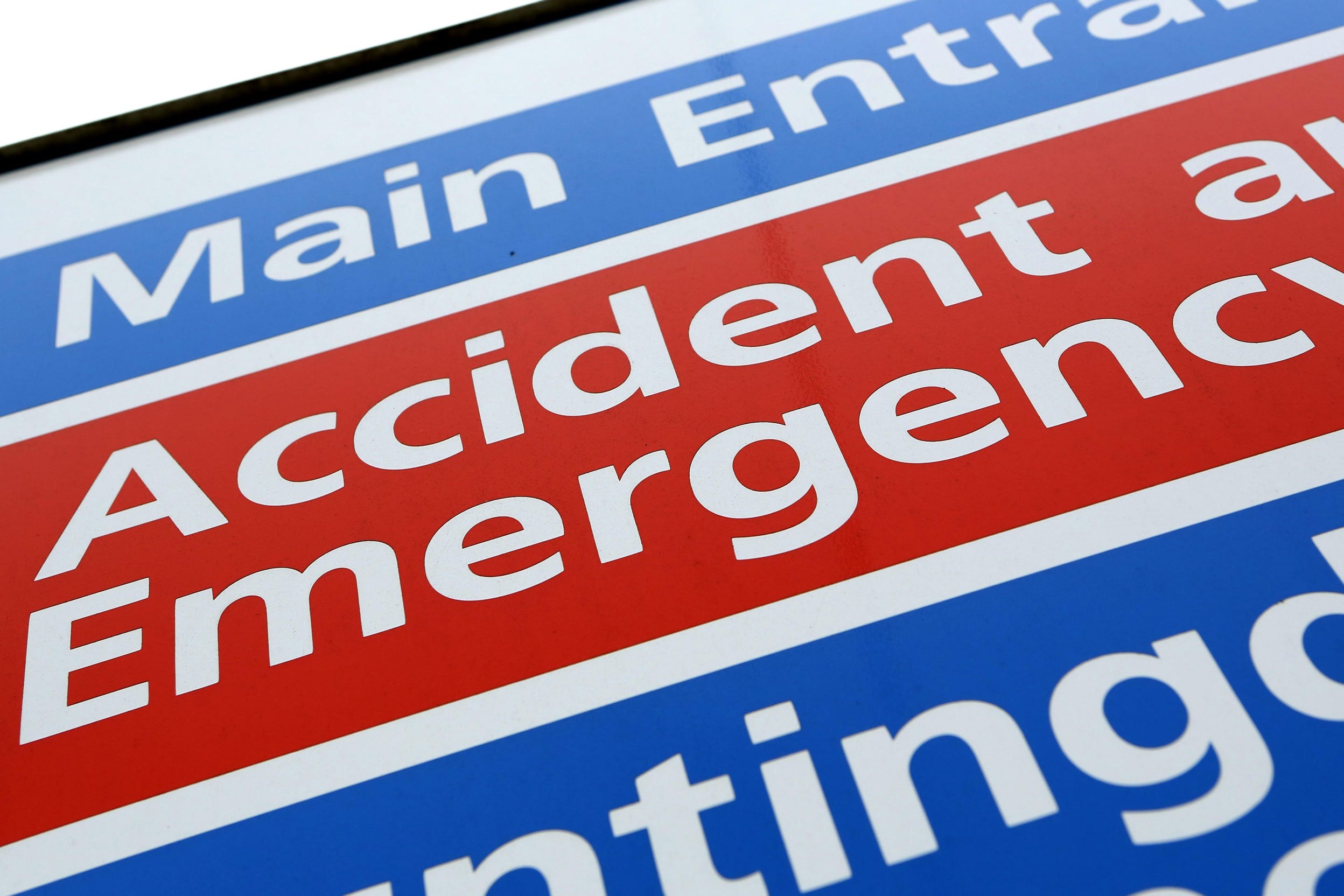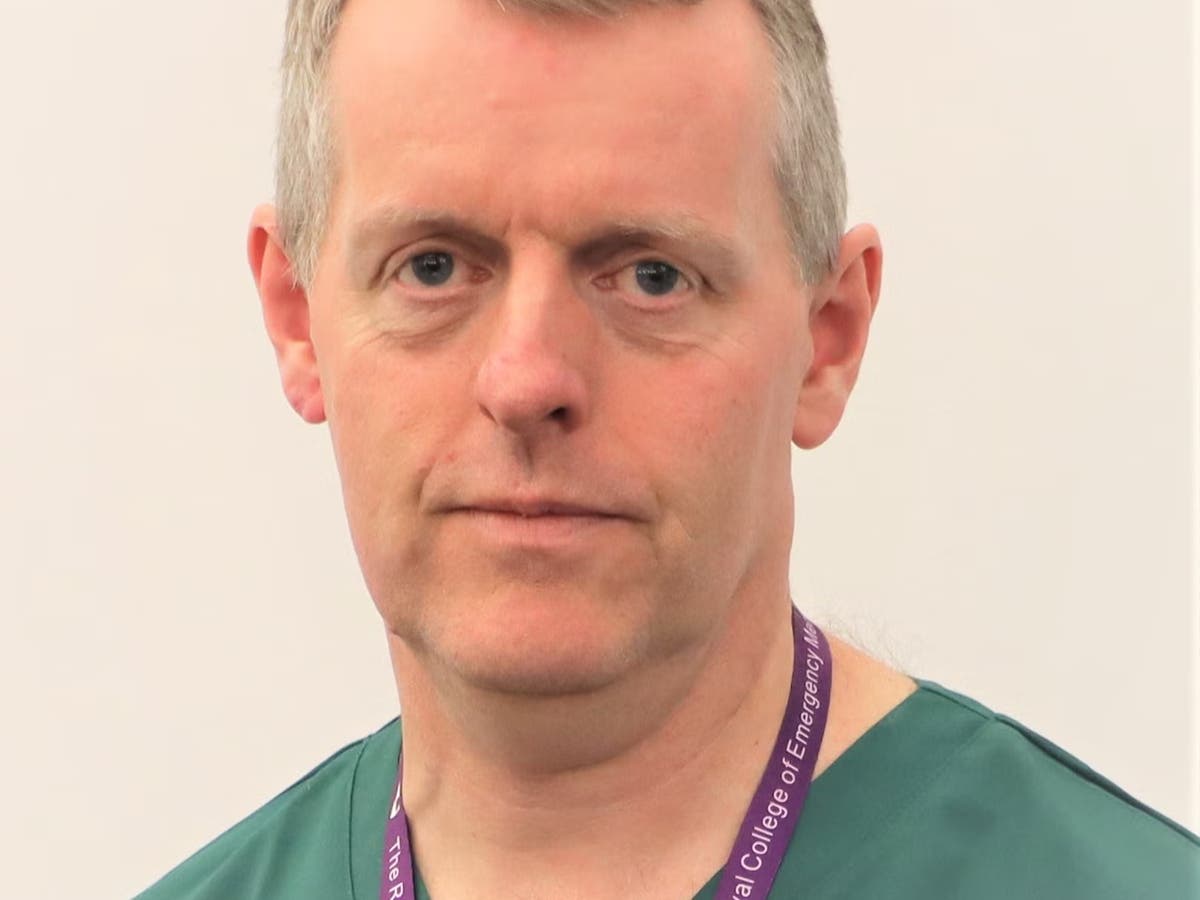Patient deaths will increase this winter, a top A&E medic has warned, after the government neglected emergency care in its flagship plan.
On Wednesday prime minister Sir Keir Starmer unveiled the government’s “Plan for Change” outlining six milestones he hopes to achieve. This included a pledge to meet the NHS standard of 92 per cent of patients in England waiting no longer than 18 weeks for elective treatment.
However, the prime minister’s failure to commit to other NHS standards such as having 95 per cent of patients seen within four hours in A&E has drawn criticism from health leaders.
Responding to the Sir Keir’s speech, Dr Adrian Boyle, president of the Royal College of Emergency Medicine said he was worried “we are heading into a winter that may be worse than the last.”
“Last year there were nearly 14,000 deaths related to long stays in emergency departments and it is concerning that this is not attracting the political attention that our patients need,” he said, adding that while elective care was important, all hospital care was connected.

“If A&E pressures aren’t managed properly, then beds will be taken up with emergency cases and elective care will be cancelled. It’s not a binary choice, our patients need both. More people spending more than 12 hours before admission will inevitably lead to an increase in avoidable deaths this winter.”
A government spokesperson said: “The Prime Minister was clear that dealing with waiting lists does not mean we cannot drive improvements across the rest of the NHS at the same time.
“To protect A&Es this winter, we have ended the resident doctors strikes, so NHS staff will be on the front line not the picket line for the first winter in three years and have vaccinated nearly 27 million people against flu, Covid and RSV [respiratory syncytial virus] so far to keep them healthy and out of hospital.”
Dr Boyle’s warning comes as figures yesterday show NHS hospitals were busier than ever, with “no spare beds” heading into December as flu cases were up four-fold on last year.
An average of 1,099 flu patients were in beds in England each day last week, including 39 in critical care – the highest recorded at this time for three years.

NHS England also warned there were record numbers of patients in hospital beds last week, with 96,587 beds occupied each day. Officials warned pressure is expected to increase further in the coming weeks.
A lack of beds is a key driver of long A&E waiting times. The most recent data shows worsening 12-hour trolley waits with 162,931 patients waiting more than 12 hours to be seen, treated or discharged from emergency departments in October – up from 136,962 in September.
Estimates suggest that for every 72 patients spending 8 to 12 hours in A&E, there is an additional patient death.
Reports in the industry title, The Health Service Journal, suggest the government has rowed back on promises to hit the four-hour A&E waiting time target after officials said “we cannot do everything at once”.
Meanwhile, safety watchdog the Health Services Safety Investigations Body (HSSIB) warned this week patients facing long waits in emergency departments are not being given time-sensitive medication after a man was left unable to swallow due to missed medicines.
An elderly man was sent to a hospital’s A&E after a routine hospital appointment but ended up spending three days in the department. The 85-year-old had Parkinson’s disease and he required medicine at various intervals to control symptoms.
The government spokesperson said the NHS would take time to fix. “Sticking plasters won’t work. But the investment and long-term reforms we are making will turn the NHS around and make it fit for the future,” the spokesperson said.
This story was amended to reflect the correct mortality estimates for 8 to 12 hour waits in A&E.






